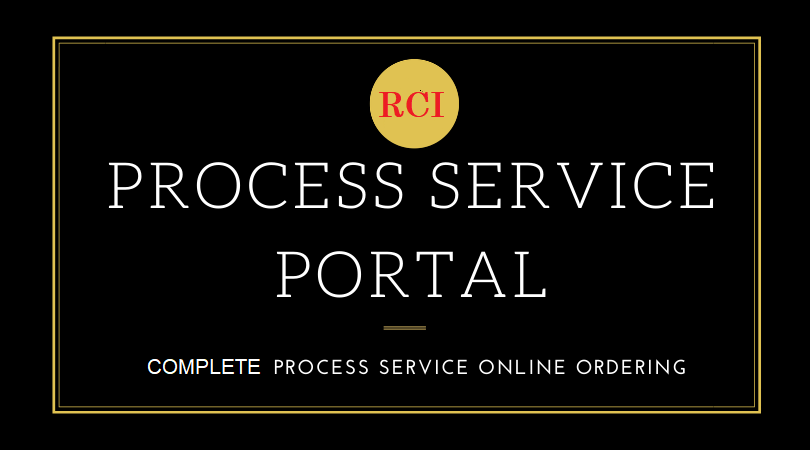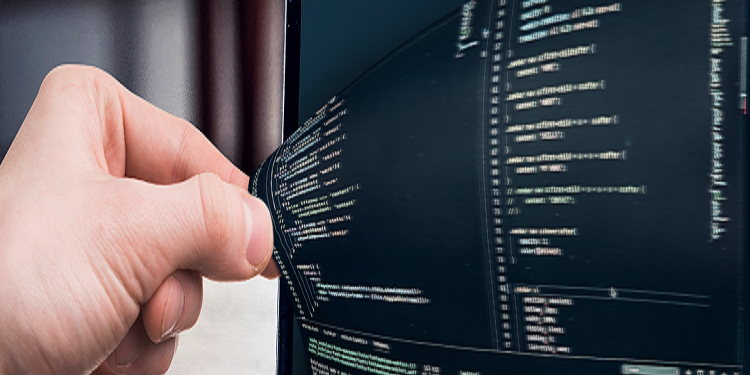Private investigators have an important role to play in law enforcement, especially when it comes to evidence collection. They have a flexibility police officers do not have. It is in civil cases where they have been more helpful, enabling clients to resolve disputes or helping to collect evidence for their case. The biggest challenge for their work is collecting evidence, especially where work and home computer devices are involved.
The challenge in this scenario is twofold. Firstly, one has to get access to the computer. Secondly, the monitoring has to be done discreetly without the knowledge of the person being investigated. To achieve this, calls for the use of a number of devices and keyloggers are one of the most reliable tools for computer monitoring.
The Role of Keyloggers in Computer Monitoring and Forensics
Keyloggers are designed to record every input made on a computer’s keyboard. There are two kinds: software keyloggers and hardware keyloggers. Each have different abilities but at the top end, they offer similar functionality. Hardware keyloggers are usually preferred because of their stealth ability and ease of operation. Once the keylogger is installed they allow you to monitor every activity on the computer, usually remotely. Modern technology allows you to record not just keyboard strokes but also:
- Email information and FTP messages
- Chat room conversations and interceptions even on IM and Facebook
- URL monitoring
- Monitoring applications use
- Capture screenshots
- File tracking etc.
Basically, with a keylogger, you can guarantee comprehensive monitoring of the computers and you can access the all the needed forensic evidence from a computer discreetly. Keyloggers come with encryption of the information preventing unauthorized detection. Several mid and high-end keyloggers allow the sending of the logs through emails and can allow remote access to the computer over Wi-Fi.
Where are Keyloggers Applicable?
Keyloggers are used both domestically and commercially. On the domestic front, they are largely used by parents to monitor online activity of their young children or the activities of a spouse suspected of cheating. In the commercial spheres, keyloggers are largely used to monitor employee activity to safeguard company resources and guard against inactivity and unproductivity during company hours. They are also used to monitor and prevent fraud and other criminal activity that could be conducted by the employees in the course of their work.
Due to the nature of how keyloggers work, private investigators’ clients may be hesitant to adopt them for fear of breaching the law. The main laws covering the use of such monitoring devices are to do with the privacy of an individual as well as the legality of evidence collected through keyloggers. It is incumbent upon the private investigator to guide the client in the situations where the use of keyloggers is permissible and the limits to their use.
Legal uses of Keyloggers to Collect Evidence and for Monitoring
- Employers monitoring of company computers used by employees to ensure they are working as required and to prevent fraud and other criminal activities.
- Parents monitoring the use of computers for children below 18 years
- Companies monitoring use of company resources like internet
- Collection of forensic evidence from the computers being monitored for security reasons with a legitimate investigation cause.
The limits to the use of such methods legally are whether they invade the privacy of an individual in an instance where their privacy was reasonably expected. In this regard, issues like using keyloggers to check on the ways of your spouse become a tricky issue. However, if the investigator and the client can establish a legitimate need for the evidence in the computer and collect it through such means, it becomes admissible in a court of law. This means clients cannot just use keyloggers randomly to spy of business partners or even their relationship partners as they wish.
Even during the collecting of this information, it is the responsibility of the investigator and the client to ensure no third party, unless for legal purposes, can access the information therein. Companies cannot also spy on clients’ personal computers that are not company property, although company property is perfectly acceptable.
Before setting up a monitoring system, PI’s and clients have to ensure they have outlined a legitimate reason for the surveillance. The role of the private investigator is not just to help the client in selecting and installing the right keylogger, but also to guide the client on the right parameters of use to ensure there is no law broken and the evidence collected can be used before a court of law.









